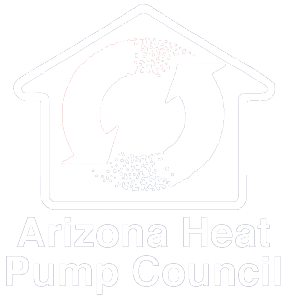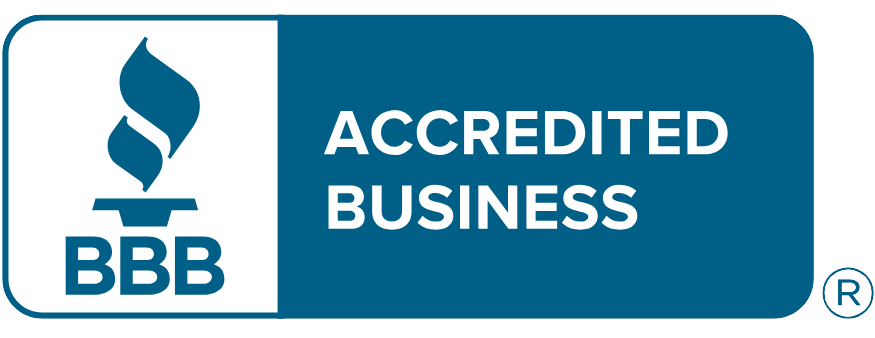 Carbon monoxide poisoning; it’s probably something that you’ve heard of in the past — and it certainly sounds suitably-ominous — however understanding what it is is important in order to prevent it from occurring in your home. First, you must understand not only the signs and symptoms of this sort of poisoning, but also how you can be alerted to carbon monoxide’s presence in your home before it gets to dangerous. Additionally, it’s important to know how to prevent leaks before they occur.
Carbon monoxide poisoning; it’s probably something that you’ve heard of in the past — and it certainly sounds suitably-ominous — however understanding what it is is important in order to prevent it from occurring in your home. First, you must understand not only the signs and symptoms of this sort of poisoning, but also how you can be alerted to carbon monoxide’s presence in your home before it gets to dangerous. Additionally, it’s important to know how to prevent leaks before they occur.
What Is Carbon Monoxide
Carbon Monoxide (CO) is a gas that’s usually found when fuel is being burned. It is a byproduct that can be found in the exhaust of motorized vehicles, as well as in your own home. Carbon monoxide is odorless, colorless, and very hard to detect on your own.
What Are The Signs And Symptoms Of Carbon Monoxide Poisoning?
When exposed to carbon monoxide, you may experience a number of symptoms – several of which are very similar to those experienced when you have the flu. Headaches, dizziness, and nausea are all common signs that you have inhaled too much of the substance and need to immediately evacuate the area. Unfortunately, carbon monoxide is well-known as a silent killer, one that strikes when its victims are unaware. Deaths from carbon monoxide poisoning often take place when families are sleeping, and unable to recognize the initial effects of carbon monoxide entering the lungs. The only way to avoid carbon monoxide poisoning when you and your family are sleeping, is through the use of a carbon monoxide detector that will wake and alert family members when the initial CO levels are beginning to rise.
Invest In Carbon Monoxide Detectors
The best way to make sure that there is not any danger from carbon monoxide in your home is to invest in a carbon monoxide detector. Similar to a smoke detector, these alarms will sound when too much of the gas has built up in your home. Because carbon monoxide often finds its way into homes via an HVAC system such as a furnace or boiler, it is very important to make sure that you keep up with the regular maintenance on your home heating and cooling systems, and have regular inspections by a licensed professional. While having an alarm helps, the best way to avoid carbon monoxide poisoning is to make sure that the gas never builds up in your home.
It is always smart to be careful when dealing with a potentially deadly gas. Always make sure that your alarms have batteries, and make sure that your HVAC system is running in perfect order.
If you want to make sure that your home is safe from carbon monoxide leaks, or if you have any other questions about heating and air conditioning systems and safety, call Cool Blew Inc today.
Click Here to Learn About Smart Thermostats For Your Home >>





